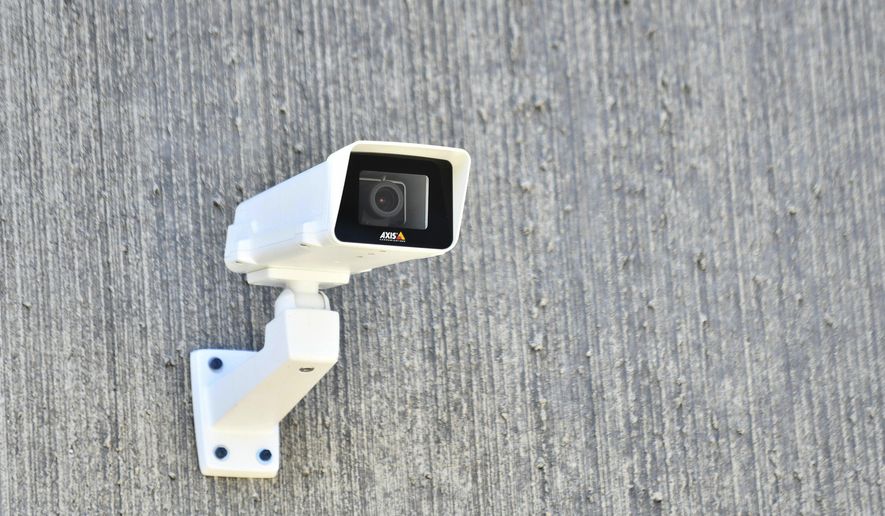Russian police arrested dozens of people in a single month as the result of facial recognition technology being tested at rapid-transit stations in Moscow, an executive of the state-owned bank funding the system said Thursday.
Stanislav Kuznetsov, the vice president of Sberbank, touted the technology in an interview more than a month after Russian media first reported that authorities had started searching for criminal suspects by using software to identify people captured by closed-circuit television surveillance cameras installed at certain Moscow Metro stations.
The system attempts to automatically match individuals caught on camera with a federal database containing roughly 50,000 photographs of wanted criminals, Mr. Kuznetsov told RIA Novosti, a government-run news agency.
“As a result, 42 repeat offenders were detained at four metro stations in a month,” said Mr. Kuznetsov.
Dubbed “Turnstile,” the technology was developed by VisionLabs, a Russian start-up that sold a 25 percent stake in its company last year to Sberbank, and is allegedly capable of identifying people with 99.8 percent accuracy, according to Mr. Kuznetsov.
“Of course, these technologies should be used at airports, in places of mass gathering of people to search for the missing,” he told the news agency, adding that at least a “dozen countries” would be interested in its capabilities.
Similar systems have recently faced heightened scrutiny abroad, however, where they’ve spurred concerns from critics ranging from the related privacy implications to the potential for abuse.
In the U.K., for example, a report published by a civil liberties watchdog earlier this month found that a similar system of cameras and databases used by London’s Metropolitan Police Department has falsely identified innocent people 98 percent of the time, and that at least five people were detained and questioned after being erroneously flagged by the Met’s software while attending the city’s annual Notting Hill carnival in 2017.
London police have since decided against deploying the system at this year’s carnival, authorities said Thursday, signaling a departure from the previous two years.
In Russia, meanwhile, Sberbank CEO German Gref intends to meet with Moscow Mayor Sergei Sobyanin and discuss expanding the system beyond the Moscow Metro stations and potentially across the rest of the city, said Mr. Kuznetsov.
Moscow’s pilot program started in March, and the software is allegedly capable of recognizing up to 20 faces per second, the Kommersant newspaper reported when it first disclosed the system last month.
“A different number of cameras have been installed to ensure the recording of all incoming and outgoing passengers, taking into account the design and size of the station,” Moscow Metro said at the time.
Mr. Sobyanin said last month that the pilot program had allowed police to identify at least nine suspects in a two-month span.
Moscow currently maintains a separate system of over 160,000 CCTV cameras across the city equipped with facial recognition capabilities – one of the world’s largest, the mayor’s office said previously.
• Andrew Blake can be reached at ablake@washingtontimes.com.




Please read our comment policy before commenting.